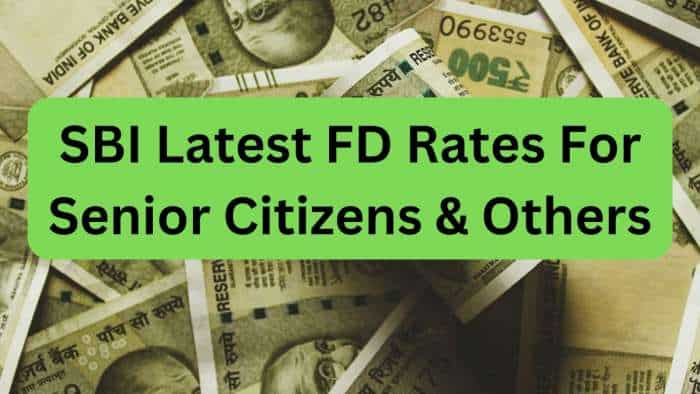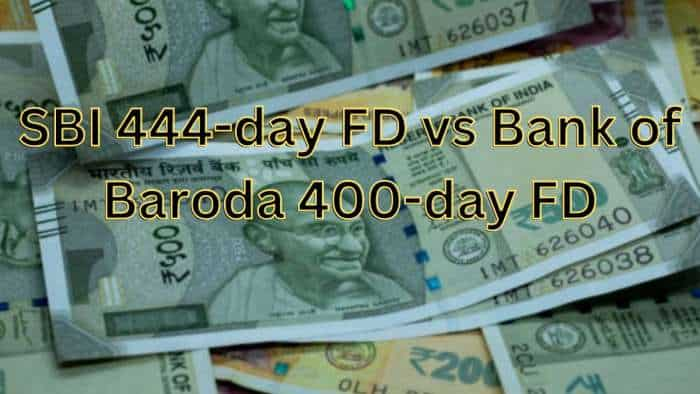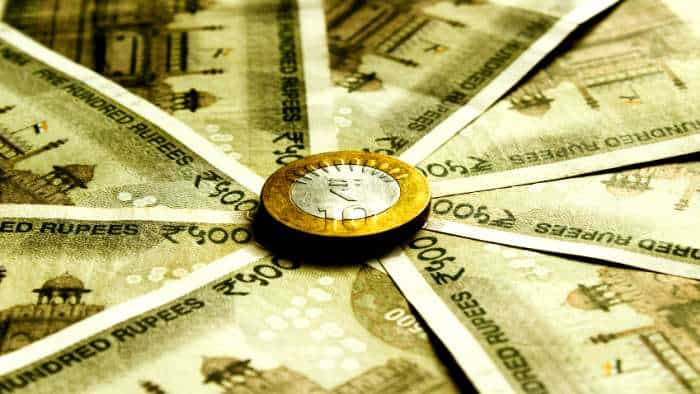Tokenisation: Benefits, registration, charges and other details; Here is what RBI says
Tokenisation has been allowed through mobile phones and / or tablets for all use cases / channels (e.g., contactless card transactions, payments through QR codes, apps etc.)

One can perform financial transaction via various modes like cash, cards, digital modes, among others. Now the use of token is also gaining pace.
According to the Reserve Bank of India (RBI), tokenisation refers to replacement of actual card details with an alternate code called the “token”, which shall be unique for a combination of card, token requestor (i.e. the entity which accepts request from the customer for tokenisation of a card and passes it on to the card network to issue a corresponding token) and device.
See Zee Business Live TV Streaming Below:
Here is all you need to know about tokenisation:
1. Benefit: As per the information provided by the RBI, a tokenised card transaction is considered safer as the actual card details are not shared with the merchant during transaction processing. Tokenisation has been allowed through mobile phones and / or tablets for all use cases / channels (e.g., contactless card transactions, payments through QR codes, apps etc.)
2. Charges: There is no need not pay any charges for availing this service.
3. How does the process of registration for a tokenisation request work: The registration for a tokenisation request is done only with explicit customer consent through Additional Factor of Authentication (AFA), and not by way of a forced / default / automatic selection of check box, radio button, etc. Customer will also be given choice of selecting the use case and setting-up of limits.
4. How can tokenisation be carried: The card holder can get the card tokenised by initiating a request on the app provided by the token requestor. The token requestor will forward the request to the card network which, with the consent of the card issuer, will issue a token corresponding to the combination of the card, the token requestor, and the device.
5. Who can perform tokenisation and de-tokenisation: Tokenisation and de-tokenisation can be performed only by the authorised card network. The list of card networks authorised by RBI to operate in India is available on RBI website at the link https://www.rbi.org.in/Scripts/PublicationsView.aspx?id=12043.
6. Who are involved in a tokenisation transaction: Normally, in a tokenised card transaction, parties / stakeholders involved are merchant, the merchant’s acquirer, card payment network, token requestor, issuer and customer. However, an entity, other than those indicated, may also participate in the transaction.
7. Limit on the number of cards that a customer can request for tokenisation: A customer can request for tokenisation of any number of cards. For performing a transaction, the customer shall be free to use any of the cards registered with the token requestor app.
Get Latest Business News, Stock Market Updates and Videos; Check your tax outgo through Income Tax Calculator and save money through our Personal Finance coverage. Check Business Breaking News Live on Zee Business Twitter and Facebook. Subscribe on YouTube.
RECOMMENDED STORIES

SBI Latest FD Rates: This is what you can get on Rs 10 lakh investment in 1-year, 3-year, and 5-year tenures

SBI 444-day FD vs Bank of Baroda 400-day FD: What will be maturity amounts on Rs 6 lakh and Rs 10 lakh investments for general and senior citizens?
10:44 AM IST










 RBI Rule: New system for online money transfers to be implemented from April 1, 2025; here's all you need to know
RBI Rule: New system for online money transfers to be implemented from April 1, 2025; here's all you need to know Rupee tumbles 3% in 2024; turbulence to ebb in slow motion in next year
Rupee tumbles 3% in 2024; turbulence to ebb in slow motion in next year 8-fold surge in bank fraud cases at Rs 21,367 crore in 1st half this fiscal: RBI
8-fold surge in bank fraud cases at Rs 21,367 crore in 1st half this fiscal: RBI Gender budgeting share in total expenditure rises to 6.8% from 4.5% in 2014, up 18.9% in FY25 (YoY): RBI
Gender budgeting share in total expenditure rises to 6.8% from 4.5% in 2014, up 18.9% in FY25 (YoY): RBI RBI may face tougher path in February rate cut as Fed reshaped global monetary policy expectations: Report
RBI may face tougher path in February rate cut as Fed reshaped global monetary policy expectations: Report